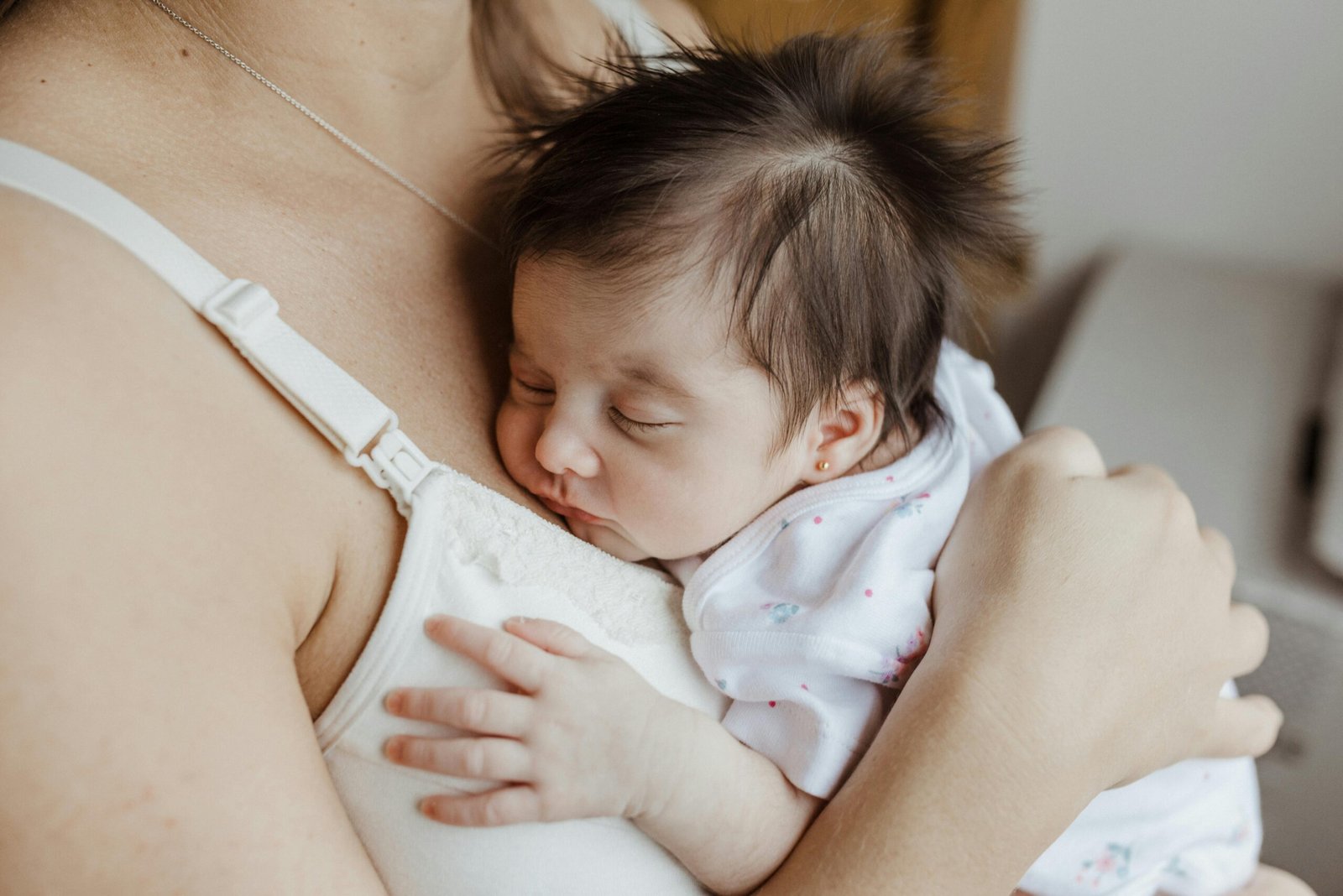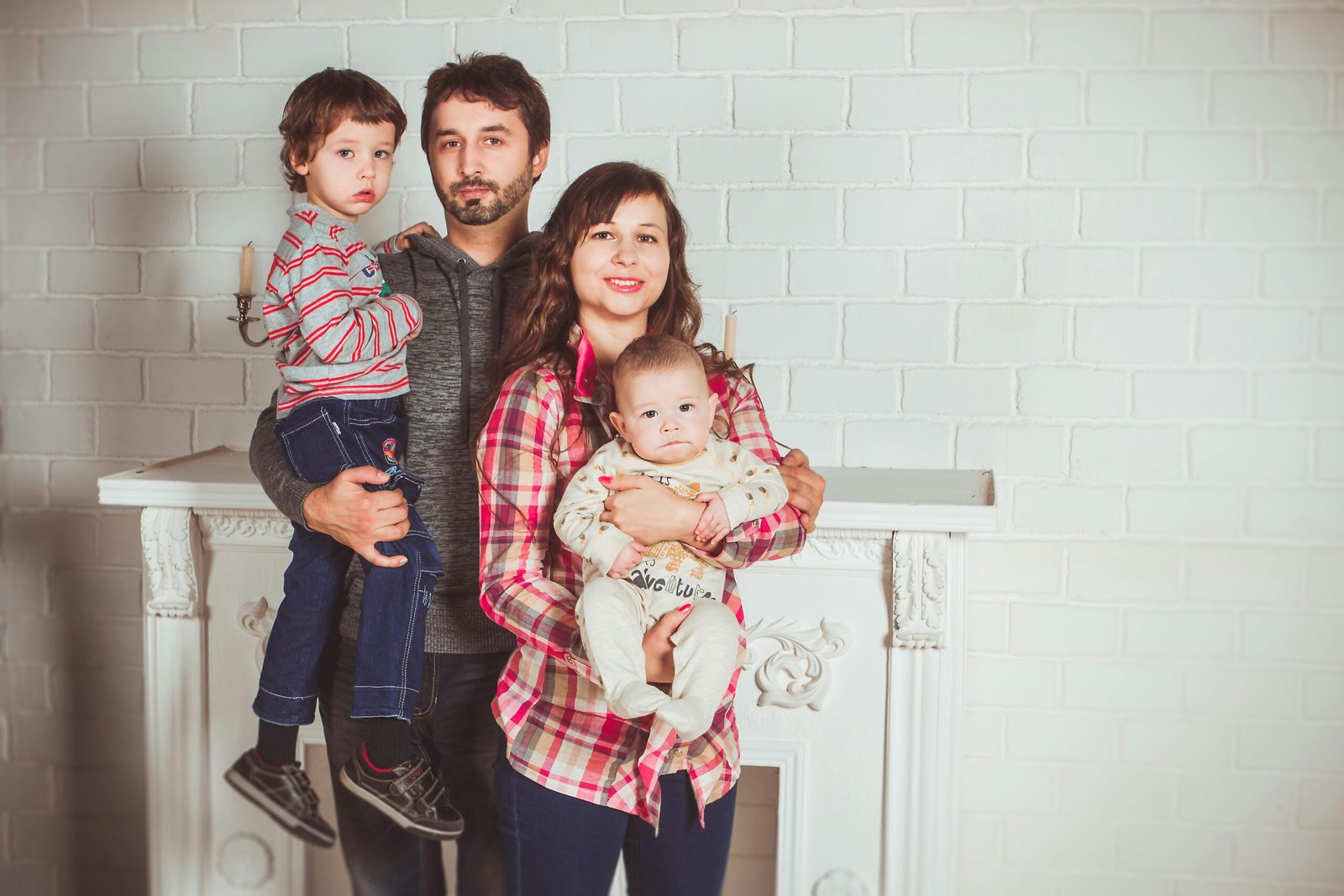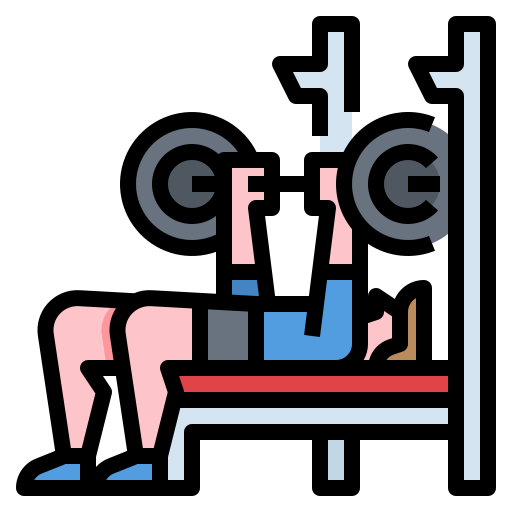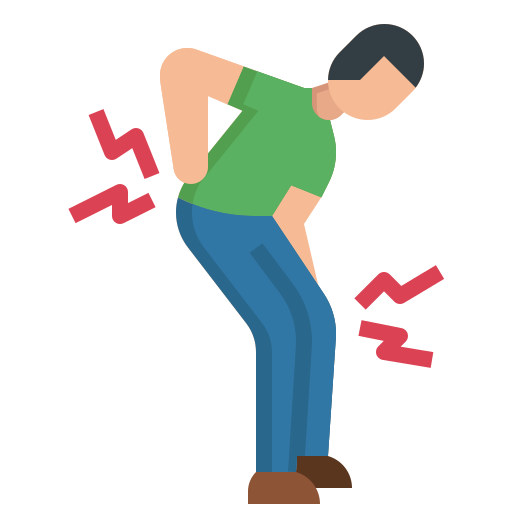Join MYPHYSIOVIBES Newsletter
Gynecological conditions affect the female reproductive system, including the uterus, ovaries, fallopian tubes, and vagina. These conditions can cause pain, hormonal imbalances, menstrual irregularities, infertility, and other complications that impact overall health and quality of life.
Many gynecological conditions arise due to hormonal changes, infections, lifestyle factors, or underlying medical conditions. Early detection and appropriate treatment—whether medical, surgical, or physiotherapy-based—can help manage symptoms and prevent complications.


✅ Disruptions in estrogen, progesterone, insulin, and androgen levels can lead to conditions like PCOS and endometriosis. ✅ Insulin resistance is a major factor in PCOS, leading to excessive male hormone production and irregular periods. ✅ Hormonal fluctuations affect the menstrual cycle, ovulation, and overall reproductive health.

✅ Women with a family history of conditions like PCOS, endometriosis, or pelvic floor dysfunction are at a higher risk. ✅ Genetic factors influence hormone production, metabolism, and reproductive organ health. ✅ Some conditions, like endometriosis, tend to run in families and worsen over generations.

✅ Poor diet, lack of exercise, stress, and exposure to environmental toxins can worsen gynecological conditions. ✅ Obesity and sedentary lifestyle contribute to insulin resistance, increasing the risk of PCOS. ✅ Smoking, alcohol, and high stress levels can lead to hormonal disruptions and menstrual irregularities.

✅ Why it helps: Strengthens weak pelvic muscles to prevent urinary incontinence, pelvic organ prolapse, and lower back pain.
✅ Solution: Pelvic floor physiotherapy (Kegel exercises, core activation, biofeedback therapy).
✅ Result: Improved bladder control, reduced pain, and restored pelvic stability.

✅ Why it helps: Addresses diastasis recti, back pain, and postural imbalances after pregnancy.
✅ Solution: Physiotherapy-based core exercises, stretching, and ergonomic adjustments to promote healing.
✅ Result: Better posture, improved abdominal strength, and reduced risk of long-term back pain.

✅ Why it helps: Reduces the risk of postpartum depression and anxiety, ensuring a healthy mother-baby bond.
✅ Solution: Counseling, mindfulness techniques, support groups, and postpartum yoga.
✅ Result: Enhanced emotional resilience, stress reduction, and improved overall well-being.
To get a deep analysis of pain at its root, try our top physio services
Join MYPHYSIOVIBES Newsletter